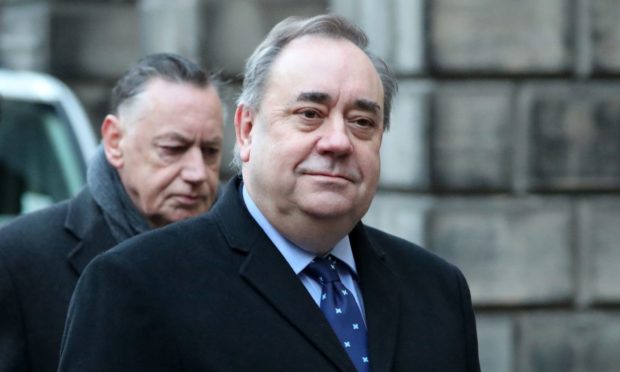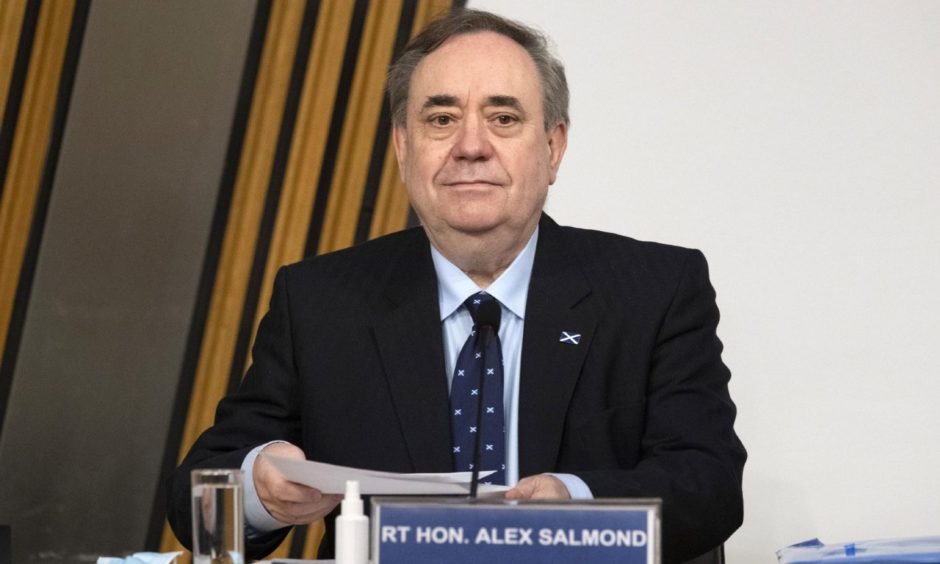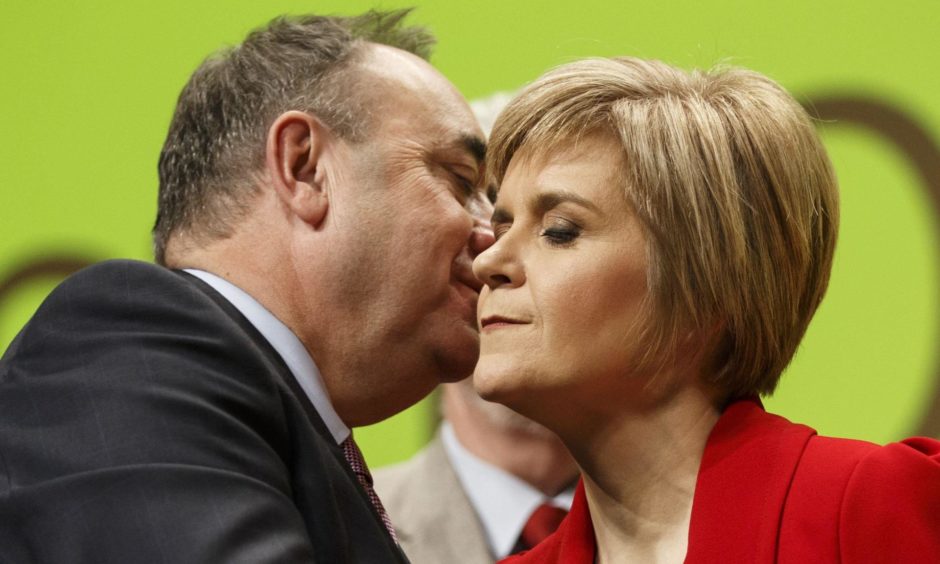THE first impression I had on seeing Mr Salmond – I have not met him for over two years – was that he was looking remarkably slim and had certainly lost a couple of stones since I last saw him.
His opening statement was one of the highlights of the evidence session. “The government acted illegally but somehow nobody’s to blame,” he stated.
He then alleged that the leadership of the civil service, of Scotland’s prosecuting authority and of the country itself had all failed.
There had been suppression of key evidence, he claimed, and most tellingly added: “I appear under specific threat of prosecution if I tell the truth, the whole truth and nothing but the truth.”
The first two hours of the committee’s cross-examination were a real let-down. Early questions were long-winded, often irrelevant. Mr Salmond also reverted to his old, sarcastic self at some points: “If you were to gain ministerial office, Mr McMillan,” (subtext: “not that that is ever likely to happen”).
However, the second session was far more revealing, and Mr Salmond took the gloves off. He accused the government of deliberate suppression of inconvenient information. But mainly thanks to the constraints under which Mr Salmond was able to speak, including the redacted sections of his own evidence, we were given no smoking gun documentary revelations to prove his claims of collusion among the upper echelons of the government and the SNP.
And most of his allegations were already well known to those who have followed the case closely over the past years.
What did we learn?
So what did we actually learn? That some back-bench MSPs are actually quite thick and that the SNP members of the committee were obviously under strict orders not to rock the boat. That the Scottish Government knew as far back as October 2018 that they were likely to lose the judicial review yet didn’t concede until three months later, costing the taxpayer hundreds of thousands of pounds.
Mr Salmond confirmed under oath what Nicola Sturgeon had denied knowing at Holyrood the previous day: that the name of one of the complainers was passed to him via his former chief of staff.
We also heard that Scottish Government documents which have since been passed to the committee were actually withheld from Mr Salmond’s legal team during the judicial review, despite being the subject of a search warrant.
He also pointed to documentary evidence which he wished to pass to the committee but which he was legally barred from doing.
He claimed individuals in both the Scottish Government and the SNP were trying to encourage complaints after the police investigation had begun. And, tantalisingly, he added that the information he possesses and would like to have given to the committee “goes way, way beyond that”.
Ministerial code
Nicola Sturgeon has also, Mr Salmond claimed, broken the ministerial code, though he was careful not to call for her resignation.
She will give evidence herself next Wednesday. Yesterday the committee made a disclosure order to the Crown Office under the Scotland Act, ordering them to release private WhatsApp and text messages which Mr Salmond claims will back up his claims of collusion.
His final statement, though, contained the real bombshell of the day. He suggested quietly to their evident astonishment that if the committee used their powers to request all the documents they want from his legal team, they would receive them by Monday morning. This affair isn’t over.
Campbell Gunn is a retired political editor who served as special adviser to two First Ministers of Scotland.


